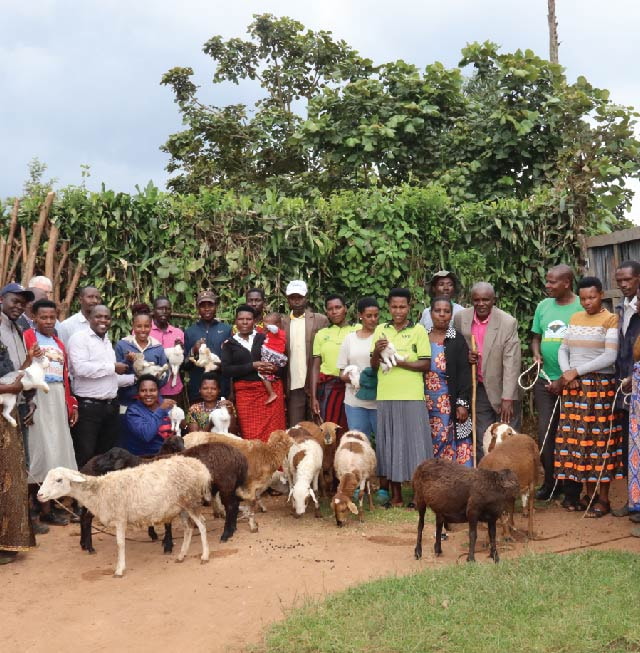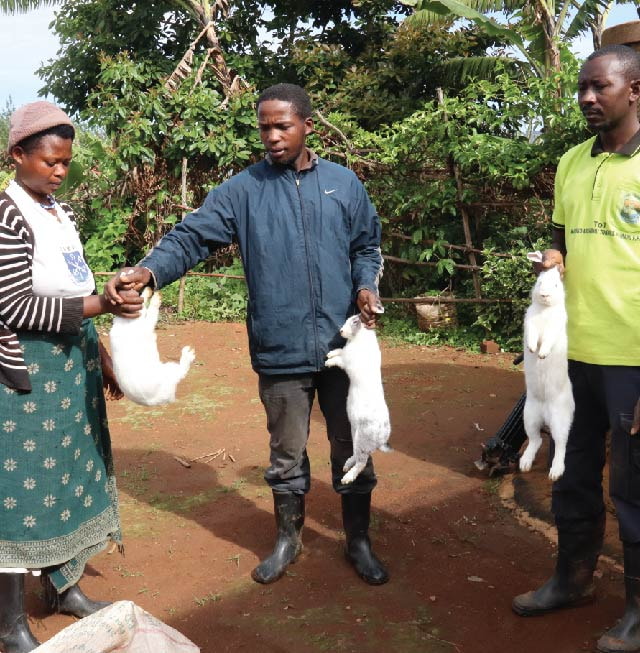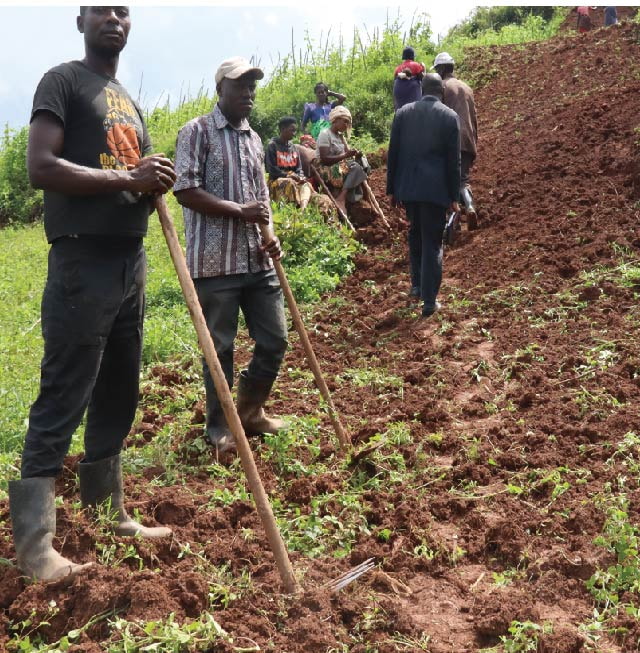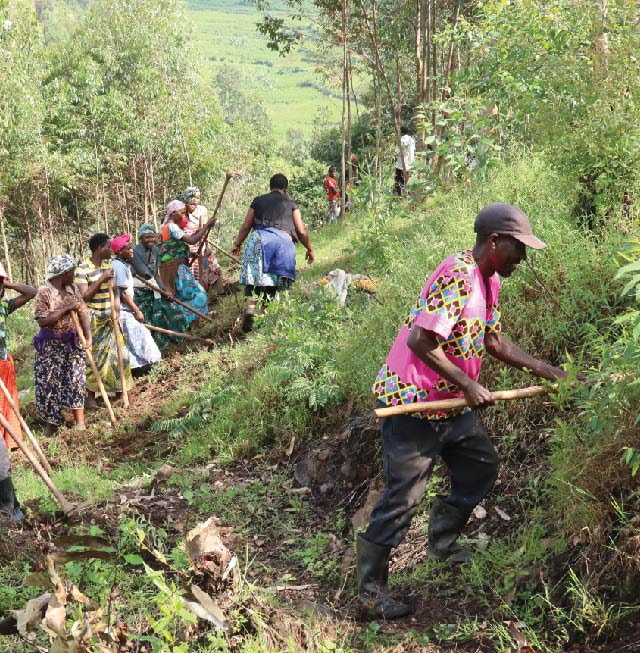Kariko-Rwakanyweire Communities Embark on Livelihood Activities.
Participatory Integrated Planning (PIP) Innovators under the CommonGround Project from the Kariko and Rwakanyweire communities in Kitumba sub-county, Kabale District, have taken proactive steps to address issues such as low income, soil exhaustion, and poor transport networks through a series of awareness meetings.
Community members have actively participated in various activities and enterprises aimed at tackling these challenges. For instance, the 25 PIP Innovators in Kariko have initiated a monthly contribution of Shs 10,000 to purchase sheep and rabbits for their members.
This initiative has already seen the acquisition of five rabbits and sheep for five members, with the process continuing until all 25 members have their own rabbits and sheep.
These initiatives not only aim to improve the economic well-being of community members but also foster a sense of unity and collaboration among them.
In the Rwakanwire community, 25 PIP innovators save Sh10,000 twice a week to buy rabbits for two members every month. 16 members have received their rabbits.
Musika Dickson, a member of the PIP Innovators, stated that after training, they realised they could work together to change their lives.
Richard Arishaba, a PIP innovator, explains that various groups developed various enterprises based on their capacity, aiming to address issues such as low income, soil exhaustion due to the law's use of animal manure, and poor nutrition.
Shallon Turyahebwa reports that through awareness meetings, communities were motivated to open a five-kilometer road from Lake Bunyonyi to trading centers, with three kilometers completed thus far.
Twebaze Patrick, a PIP innovator, stated that the CommonGround project's intervention has helped them identify and solve their problems independently, despite the lack of external help.
The road will facilitate the transportation of their produce from upstream to downstream, as most of their land is on the downstream side. This initiative is a significant step towards sustainable development.
The Kariko-Rwakanyweire communities are setting a positive example of how collective action can lead to sustainable development and improved livelihoods.





